A client recently asked me why I self-published my last book. I get that question fairly often, along with, “Should I write a book proposal and try for a traditional book deal or self-publish?”
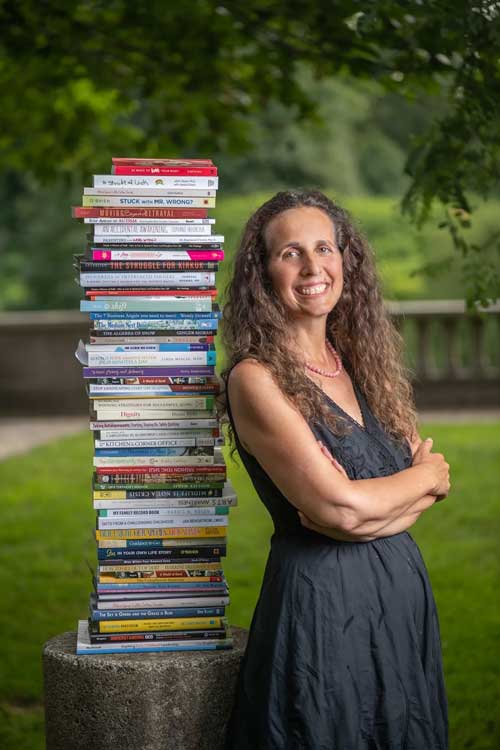
My answer to the first question is easy, but my response to the second isn’t always the same. It depends upon several factors:
- What vision and goals do you wish to accomplish as a published author?
- How likely are you to get a book deal?
- How willing are you to spend time, effort and possibly money on the activities and strategies that can help you secure a book deal?
- How quickly do you want to get your book out there?
- How much control do you want?
Having traditionally published my first book, written chapters in two traditionally published anthologies and self-published my most recent book, today I take you through my decision to go the indie route for The Joy of Writing Journal and then I’ll walk you through making your choice in more detail.
Why I Self-Published The Joy of Writing Journal
You may have heard me share that I was in my umpteenth round of editing another book (the one that’s launching in—I hope—2023) when The Joy of Writing Journal knocked on my inner door and said, “Me, first.”
I’ve always wanted to try my colleague Tamara Monosoff’s brilliant feature of using QR codes for readers to access videos and audio meditations to offer readers an enriched creative experience. This book seemed like the perfect vehicle for that, as well as a timely way to address people’s craving for connection and creative needs during an especially challenging time and beyond.
Self-Publishing / Indie Advantage(s)
Indie publishing offered several pros:
- As an independent author I could do what I wanted and I didn’t think a traditional publisher would go for 30+ QR codes/videos/audio. Yet this feature was central to my artistic vision.
- I wanted control over my destiny. There were paper shortages and publishing delays at many traditional houses. Not so with Amazon. Plus, I’d seen friends and clients whose books got orphaned (the acquisitions editor either left or moved to a new area), leaving the book with no champion and a new editor who would not benefit professionally from the book’s success. I also know firsthand that when a publisher makes a marketing mistake (such as the wrong cover, dimensions or title) they rarely fix it; they move on. We were very lucky that HCI finally made an exception in our case with my first book, but we came close to a big ol’ thud when our book was printed in the wrong dimensions and a cover that confused the readership (“Is this a kid’s book?”). With my hands on the reins, I could bounce back from any errors and course-correct.
- I knew that traditional publishing would take at least a year and a half, and more likely two years, particularly with pandemic-era problems in the supply chain. As an indie author I could publish much more quickly, as little as two or three months from final editing (though an unforeseen illness did end up delaying me further). But even with that, if I’d traditionally published, I may not have had the flexibility to delay my book launch to a time when I felt in vibrant health again.
- I also thought my platform might not be big enough for a book deal. Publishers are seeking authors with greater and greater reach, particularly on social media such as Tik Tok or Instagram. I didn’t want to spend so much of my time platform building, especially on social media. I wanted to get the book out there making a difference for people soon and doing activities I enjoy to promote it —teaching, speaking at libraries and book groups, being a podcast guest and having fun.
What About Prestige?
Certainly, publishing with a traditional publisher demonstrates your book has been vetted and comes with some automatic cachet.
For many audiences, just being a published author of a quality book is cachet enough. Being in the publishing field, however, I did feel it was important to have some “seals of approval” so I decided to apply for high-quality book awards. It worked and The Joy of Writing Journal won 5 out of the six book awards I applied for:
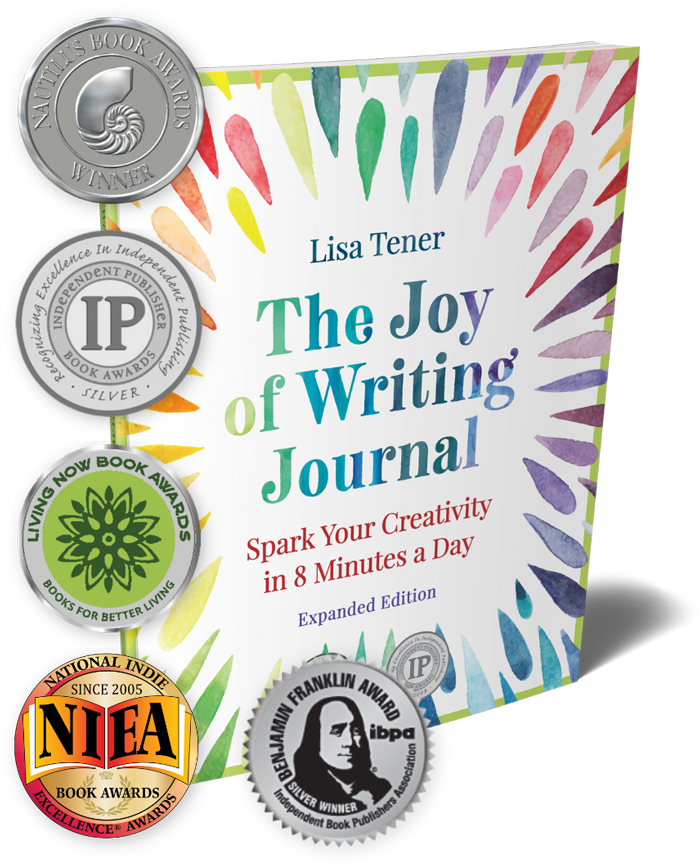
- The Nautilus Book Award
- The Independent Publisher (IPPY)
- The Benjamin Franklin Award (Independent Book Publishers Association)
- The Living Now Book Award
- The National Indie Excellence Award
This is a strategy I recommend to both my traditionally published authors and self-published authors. And I recommend it to you, as well. Those shiny silver and gold book awards seals make a big statement on your book cover. Plus they give you an opportunity to reach out to local and regional media with a timely award and a pitch that’s tailored to their audience interests.
Again, this strategy worked well for me, and because I was earning more money per book (around $8 per book instead of $1 per book!), I could afford to hire some assistance around this strategy (my colleague Howard Van Es to write a first draft of the press release and a script for follow-up, as well as a high school student (thank you Julius Pieranunzi!) to send out the release and follow up with phone calls).
So, Should You Go Indie?
I haven’t forgotten that I promised to walk you through your decision.
Here goes:

Many of my clients are doctors or therapists and for many of them, the choice to go with a traditional publisher makes a lot of sense. They’re in a more academic field where provenance takes precedence.
Plus, many of these professionals aren’t that entrepreneurial. They may not want to create a business around their books. They just want to reach more people with their message, perhaps get speaking gigs at conferences or get invited on some of the bigger podcasts or news shows. In that case, traditional publishing can make a lot of sense.
But not always.
So, let’s go through each question, one by one, to see how the questions can help you make an informed and optimal choice for publishing your book.
What are your vision and goals that you wish to accomplish as a published author?
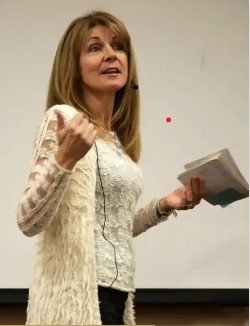
Do you want to use your book to attract clients? Get keynote speaking gigs? Build a business? In most fields, publishing an excellent book independently can get the job done fine. You might even write a better book with no one else calling the shots.
If you are in a particularly academically oriented field, however, there may be more of a bias toward traditional publishing.
Is it important for you to impact an especially large number of readers? If so, in some cases, a traditional publisher better supports that big goal…
…but not always.
Generally, you’re expected to be the driving force behind book sales and many publishers do very little to promote your book. Or they may do a fair amount of pitching up front but then drop the ball just a few days into the launch, especially if sales don’t immediately soar. Don’t assume having a traditional publisher means you’ll sell more books or impact more people.
Is your goal for your book to be a New York Times Bestseller?
If so, you may want to rethink that one. Unless you have a huge following, or invest a great deal of money in the right kind of promotion (and even then, don’t hold your breath) such a feat is unlikely.
And did you know that the New York Times Bestseller List is not based purely on which books sell the most? It’s a curated list and has been known to exclude books for a variety of reasons.
So, what are some better goals?

- You probably want to impact as many people as possible. Either publishing path can work for that. While traditional publishing can get you into bookstores more easily, self-publishing can make it more affordable to use Amazon ads to reach readers or offer more attractive bulk sale prices.
- Do you wish to influence the public discourse? Get people talking about something in a new way? Add a fresh perspective or share new research? Both paths can work for this goal. Traditional publishing can make it easier to get the attention of big media but that’s not always true. Many self-published authors have success getting interviewed on TV, podcasts and in the news.
- Do you wish to give people tools to transform their lives? Both can work, but if you want to do more inventive things like QR codes, you’re likely to hit up against some resistance, especially if the QR codes would lead to your website or youtube channel, where the publisher will have no control over content changes.
- Do you want your book to be available in bookstores (here, traditional publishing can make it easier, but only if your sales are strong right out of the gate, or off the shelves and back to the publishing house they go).
- Do you want to be seen as an expert in your industry? In most industries, you do not need a traditional publisher to brand yourself as an authority. Just write an excellent book and use the book to get more press, podcast appearances, speaking gigs, etc. If you self-publish, you can also seed more for any programs or services, and you have more freedom in what you include in the book. In some fields, such as medicine, psychology or science, it may be helpful to be with a traditional publisher. However, indie publishing continues to make inroads, as long as you write a high-quality book.
- Maybe you want to pivot in your career and use the book for that? Here, while a traditional publisher adds cachet, it’s not essential.
- Perhaps you even dream of starting a new business? Here I would generally suggest self-publishing. You’ll get the book to market quicker. Even more important, you’ll be able to write what you want and use the book however you want. You can do more seeding for the business, perhaps encouraging readers to visit your website for more in-depth coverage, courses or services, such as consulting. You can also use those fabulous QR codes I keep mentioning as a way to engage your readers in the initial steps of becoming a customer or client.
How likely are you to get a book deal?
Aspiring authors often ask me how big a platform I need to get a book deal. “How many Instagram followers do I need?” “How big a mailing list?”
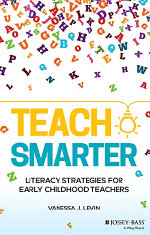
It depends.
It depends on the size of the publishing house.
It depends on your genre and topic.
It depends on how easy an audience it is to reach and who they are.
It depends on the particular publishing imprint.
It also depends on how engaged your followers are. Do they already buy from you? How much?
For some publishers, having a strong network is taken into account. Other publishers discount the network and want to see if the actual followers and mailing list are 100% yours.
Suffice it to say, however, that, in general, the bar has risen ever higher to where the number of followers needed grows ever larger. So if you needed half a million followers this month, you might need double that by the time your proposal is complete.
A moving target.
Also, not every kind of “platform” translates into sales the same way: live, in-person speaking gigs tend to sell way more books than virtual gatherings. Podcasts targeted to your market tend to sell more books than more general news outlets and TV coverage, for the most part. There are exceptions.
So, all this is to say that a single article isn’t going to be able to address the likelihood of your getting a book contract for your specific book. What I can tell you is that if you don’t have a fairly significant platform that is likely to generate tens of thousands of book sales or more, it may be hard to attract an agent or get a medium or large publishing house on board.
Might a small, independent publishing house be interested?
They might. But they’ll still want to know how YOU are going to reach your readers. And they’ll want proof that you are already reaching many of them.
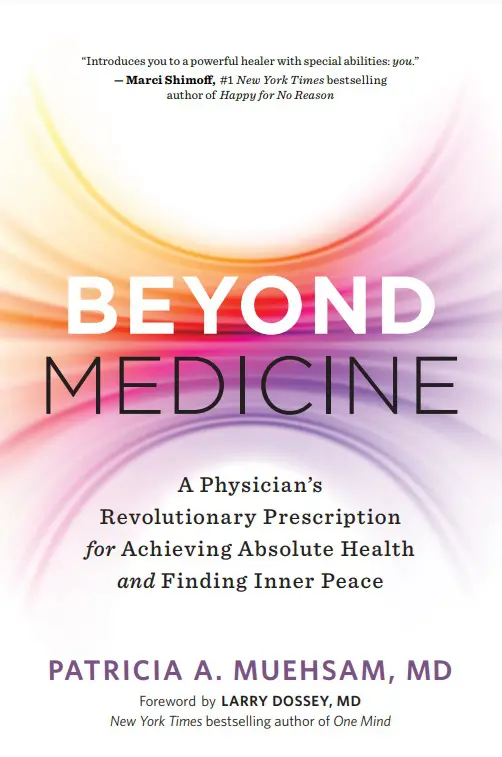
While I’ve been harping on platform, other important considerations for publishers are:
- Is the book well-written and compelling?
- Is the book likely to attract a large, hungry readership?
- Is it timely?
- Does it add fresh information, a new perspective, address an underserved audience in a unique way, or in some way add to what’s already out there?
- Does it solve a compelling problem (in the case of self-help, how-to, business, health, etc.)?
- Do you have a solid plan to market the book, based upon your current platform?
How willing are you to spend time, effort and possibly money on the activities and strategies that can help you secure a book deal?
Let’s assume you don’t have a huge platform. Now you need to ask yourself whether you are willing to jump through that hoop, possibly taking a year or two, but possibly even more, to reach the platform numbers agents and publishers want to see. And by then, the bar may be even higher!
How quickly do you want to get your book out there? If quickly, indie publishing looks more and more attractive. And you can organically grow your mailing list and platform with your book, instead of before publishing it.
How much control do you want? If you want to have the final say on the book cover, title, content, features and actual wording, you’ll want to self-publish. Otherwise, you’ll be giving those rights over to the traditional publisher.
How to Write a High-Quality Book
I won’t say too much here, but I do want to mention that, whatever your goals, only write a book if you are going to write a good one–a book that:
- Fills a need! (Yes, entertainment counts here as a need!)
- Is engaging.
- Is clear and well-organized.
- Is enjoyable to read.
- Inspires.
- Is well written.
So, how do you write well? Some quick tips:
- Read or re-read the classic, Elements of Style by Strunk and White.
- Another writing book I love is Everybody Writes by Ann Handley. It’s brilliant, an easy read, elegant, funny and will help you be a better writer!
- Start with a book concept consultation before you start writing (or as soon as you can) so write the right book from the start, save time and write the book that’s going to have the impact–on your readers and the world–that you desire.
- Hire an editor. read this post to understand the various phases of editing involved in writing and publishing a good book: Find an Editor. Need a referral? I work with a number of excellent editors and book coaches; I am happy to suggest the best fit once we determine your needs.
One More Consideration That Surprised Me
Here’s something I hadn’t considered early on in my publishing decision: Amazon Ads.
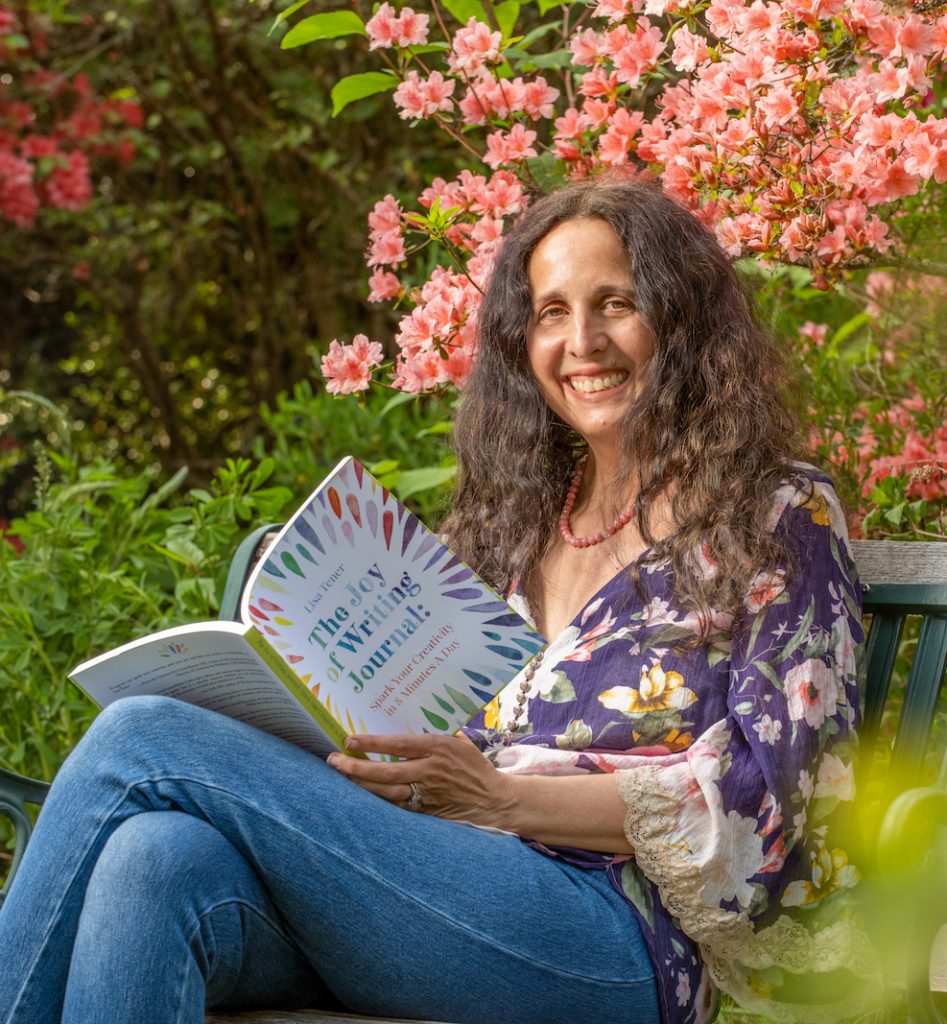
Now that my launch is a couple of years in the past, I’m selling the most books through Amazon ads. Without the ads, I’d be reaching far fewer people every month.
If you self-publish and you work with a skilled professional, your Amazon ads are likely to break even, make a little, or lose a little on book sales. If you have a way that book sales result in the sales of other higher-end products or services, then the ads can actually bring in considerable income (and therefore be sustainable).
However, if you traditionally publish and make $1/book sold or even less, your ads are quite risky and you can lose a lot of money.



I have published both ways over the past two decades. This is right on!